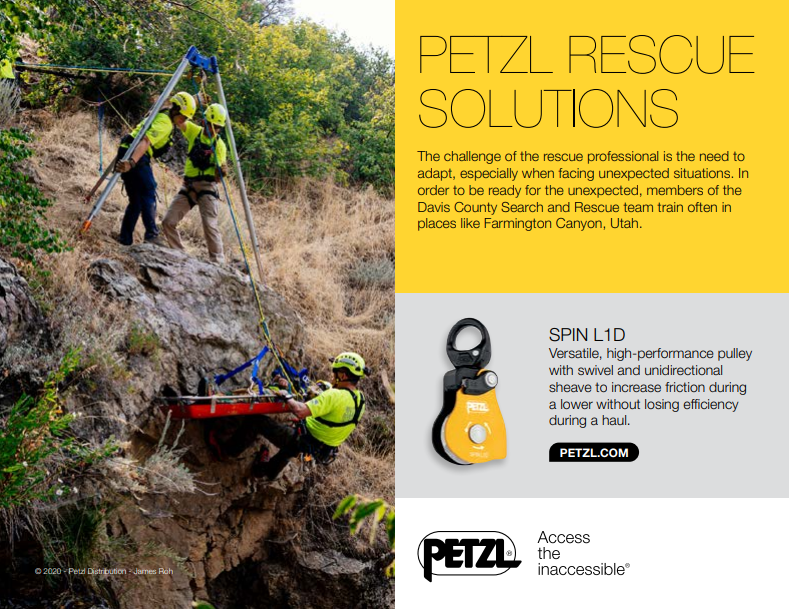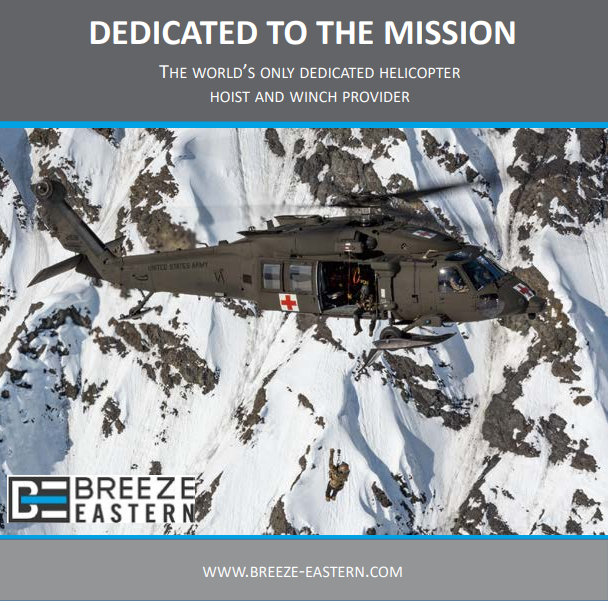Courage, Compassion, Commitment. Those are the words that surround the Mountain Rescue Association logo on the organization’s challenge coins. They represent the core of our volunteers; courageous people who have committed to saving lives in search and rescue through a sense of compassion for our subjects. The first two can be easier to gather within ourselves. We drum up the courage to run missions in hazardous environments. We block out time and budgets for our operations, training and equipment. Compassion, on the other hand, can be a little slippery. It can sometimes be easy for our compassion to give way to cynicism towards their subjects over their preparedness, decision making or other factors involved in their predicament.
Such was apparent in June this year when an OceanGate submersible imploded while on a trip to the titanic. For the first day after the announcement, the world was gripped in tension and hoped for the best as North American navies and other maritime assistance searched for the vessel. But soon after the mission began, the nature of OceanGate’s design, testing and executive mentality came to light, changing the public perception of the issue from an expedition gone wrong to a disaster that was waiting to happen. Within weeks it was apparent that OceanGate cut innumerable corners in its operation and went against many established norms in undersea exploration and safety.
There was, to say the least, enthusiastic discussion about the matter in search and rescue forums on social media. While some focused on the technicalities of deep-sea recovery, others carried vitriol towards the victims and the level of commitment being made to salvage what was left of the doomed craft. Many members of the public wondered out loud whether there would be any payment for the SAR effort. The U.S. Coast Guard simply replied no. SAR is one of the primary mission sets for the USCG, which more commonly assists hikers, climbers, swimmers, surfers and fishermen who end up in harm’s way. A search for a submersible is, for them, another mission.
Of course, many SAR volunteers in the U.S. knew that would be the answer from the get go of the search. This is something we’ve heard time and again even after we witness missions that result in careless actions by subjects. Such missions,
especially in repetition, can lead to frustration among teams. Sometimes it seems like no matter how many press releases we send about such missions or preventative actions we take, someone is bound to do something reckless in the wilderness with us volunteering to get them out. A little cynicism is normal and perhaps healthy for us in our line of work. However, there is a point where such an attitude can become destructive both to team morale and our relationship with the public. We must remember that we as SAR volunteers aren’t too different from the public ourselves. We also take risks in our own adventures whether they’re on land or at sea, and it can only be a matter of time before we are on the receiving end of the rescue effort. It’s important to remember that not as a way to forgo scrutiny of our subjects, but pause and remember that we must be compassionate towards them as we are often responding to what may well be the most traumatic day of their life. We must also remember to do our best to educate people on how to avoid such situations in the future.
Cheers,
Rick Lindfors
Meridian Editor in Chief
Northstar Search and Rescue



